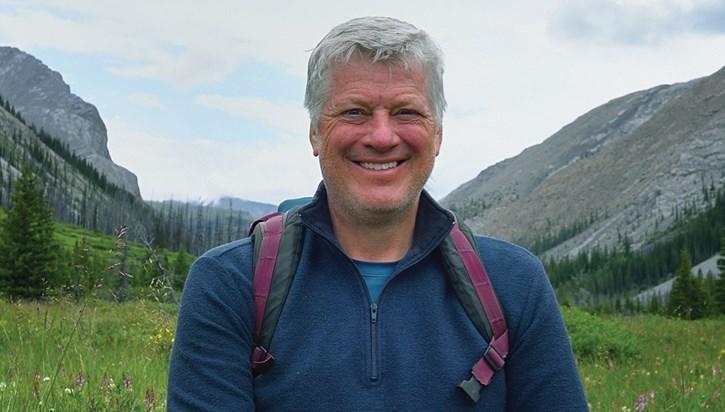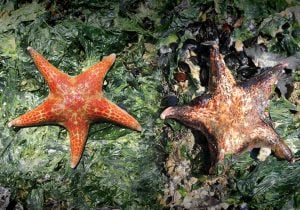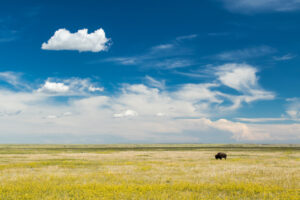
Environment
The sixth extinction
The planet is in the midst of drastic biodiversity loss that some experts think may be the next great species die-off. How did we get here and what can be done about it?
- 4895 words
- 20 minutes
Environment
The UN Climate Change Conference taking place now in Glasgow might be the planet’s last best chance to prevent a climate and biodiversity catastrophe, according to one of the world’s foremost conservationists

The UN Climate Change Summit in Glasgow is being described as a critical moment in human history, as our ability to reverse global warming reaches a point of no return.
Harvey Locke is in Glasgow, leading the charge against biodiversity loss, and linking it firmly to climate change. As a leader of the “Nature Needs Half” movement, Locke and a growing number of experts believe that the way to reverse both climate change and biodiversity loss is to set aside half of the world’s natural places, and let nature be nature. Locke explains why this is both possible and necessary, and discusses his own grass roots experiences as the co-founder of the Yellowstone to Yukon Conservation Initiative.
Based in Banff, Alta., Locke has dedicated his life to conserving the world’s wild spaces. He is also the Chair of the Beyond Aichi Targets Task Force and a Fellow of the Royal Canadian Geographical Society.
This episode’s #CanGeoSoundscapes comes to us from the easternmost place in Canada, Cape Spear, Newfoundland. It was sent in by RCGS Explorer-in-Residence, George Kourounis.
Are you passionate about Canadian geography?
You can support Canadian Geographic in 3 ways:

Environment
The planet is in the midst of drastic biodiversity loss that some experts think may be the next great species die-off. How did we get here and what can be done about it?

Environment
As the impacts of global warming become increasingly evident, the connections to biodiversity loss are hard to ignore. Can this fall’s two key international climate conferences point us to a nature-positive future?

Environment
David Boyd, a Canadian environmental lawyer and UN Special Rapporteur on Human Rights and the Environment, reveals how recognizing the human right to a healthy environment can spur positive action for the planet

Environment
Environment and Climate Change Minister Steven Guilbeault made big commitments at the international biodiversity conference held in Montreal in December. What does that mean on the ground?